Whistleblower Lawyer
Working with a whistleblower lawyer whistleblowers depend on should be a top priority to ensure their rights are protected and kept at the forefront. While there will be an investigation when fraudulent, illegal, or unethical behavior is reported to the appropriate organization, whistleblowers can be left particularly vulnerable. While there are protections in place that prevent whistleblowers from experiencing retaliation as a result of coming forward, in many cases, many of those who have witnessed wrongdoing in the workplace do not come forward for fear of the impact it may have on them. However, as Eric Siegel Law will share, there may be potential remedies. With help from a legal professional, it may be possible to move forward in receiving compensation for some of what the whistleblower lost due to coming forward.
Whistleblower Protections
In 1989, The Whistleblower Protection Act was passed to protect federal employees who blew the whistle on their employers from being retaliated against for disclosing any information that violates laws or puts public health and safety at risk. However, while there are protections in place for federal employees, it’s essential to be aware that other types of whistleblowers may come forward, with respective agencies depending upon the sector of business. The following are various acts in place offering protection to whistleblowers spending upon the situation:
- The False Claims Act
- The Freedom of Information Act
- The Civil Service Reform Act
- The Sarbanes-Oxley Act
For individuals working within private sectors, many reports may be made to the Environmental Protection Agency (EPA) or the Occupational Safety and Health Administration (OSHA), and navigating the various government entities can be incredibly complicated, which is why guidance from an experienced lawyer may be helpful.
What is Retaliation?
Retaliation is when an employee engages in what is considered a protected employee activity, and as a result, they are adversely treated by their employer. When a person participates in protected employee activities, such as whistleblowing, they are protected from retaliation by their employer. Retaliation, while evident to some, may come with several subtleties; the following are typical examples of workplace retaliation:
- Low-Performance Evaluations
- Reduced or Inconvenient Working Hours
- Terminations
- Mistreatment
- Intentionally Isolating a Person
- Denying a Promotion
- Not Offering Deserved Raises
- Demotions
- Reduction in Pay
Whistleblowers stand to face additional consequences should their employer retaliate against them. Not only might there be media coverage for high-profile situations, but damage to the whistleblower’s reputation may also occur. Their ability to gain employment within the industry they were once in may be challenging moving forward.
The Role of Legal Representation
As mentioned, when a person is considering whether to blow the whistle, they may also be overwhelmed by how to move forward with the process. When working with a whistleblower lawyer, the case can be evaluated, and they will be able to help move the process forward correctly. The process can feel vulnerable, especially when a person’s identity may be exposed. A lawyer can make efforts to protect the whistleblower’s identity and even take legal action if necessary.
Blowing the whistle, while courageous, can be profoundly challenging. Whistleblowers can be given a bad reputation, facing media scrutiny, job loss, and difficulty regaining employment. When a whistleblower exposes harmful and dangerous behavior that an entity is engaging in, they are putting themselves at risk and facing large corporations or the government; available resources can seem limited.

